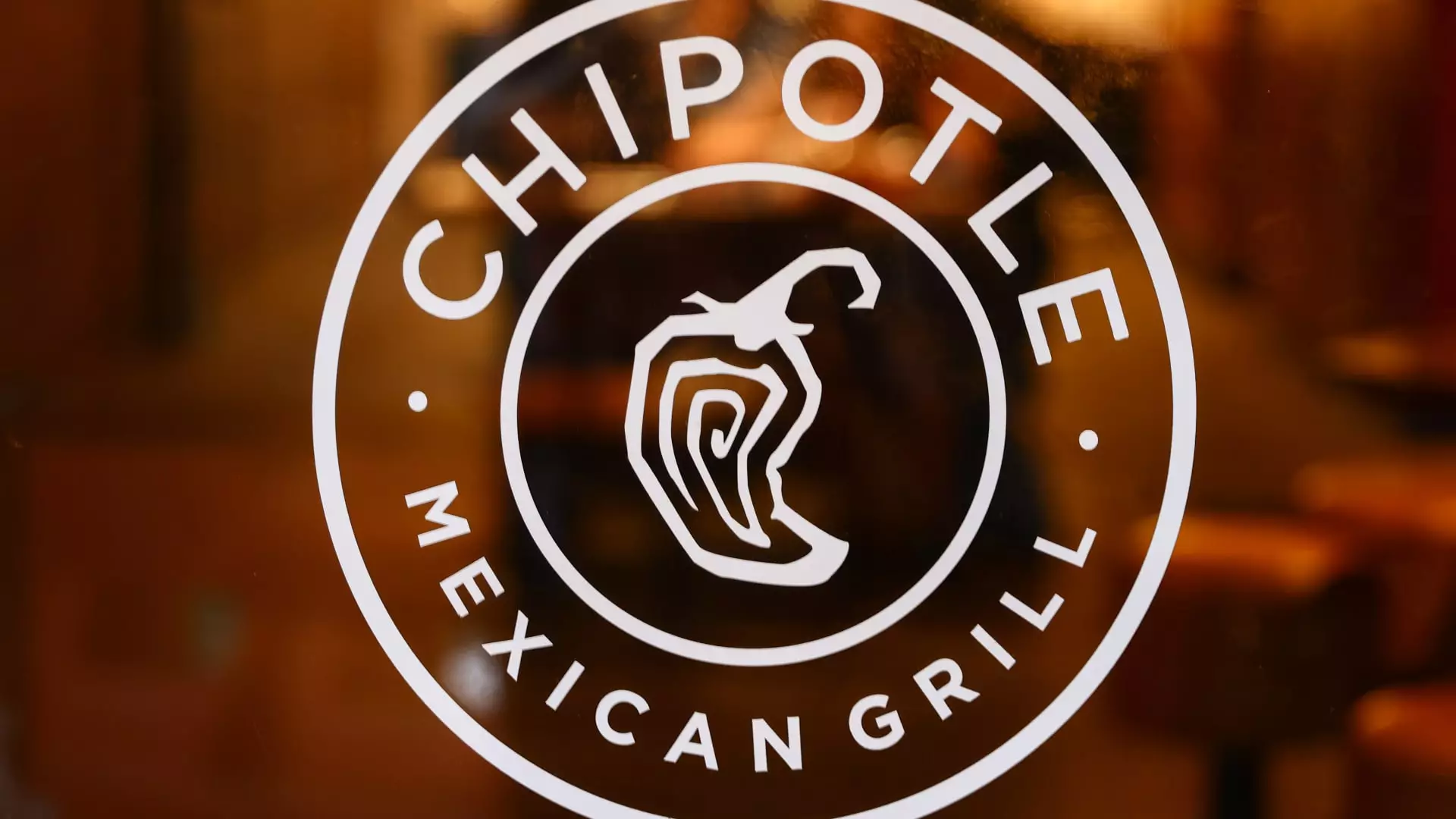Chipotle Mexican Grill is set to embark on an audacious venture by opening its first location in Mexico, a decision that could either prove to be a masterstroke or a miscalculation. The social and political climate between the United States and Mexico has been tumultuous, primarily due to the ongoing trade war initiated by former President Donald Trump. This context adds a layer of risk to Chipotle’s expansion plans; the company’s decision to penetrate the Mexican market signifies a bold defiance of the prevailing political tensions. It represents a gamble where the stakes are not only financial but also deeply intertwined with international relations.
Partnerships with Regional Giants
By partnering with Alsea, a powerful player in the Latin American and European dining markets, Chipotle is positioning itself on somewhat more stable ground. While it’s assuring to have a trusted ally, the age-old adage “not all that glitters is gold” rings true here. Alsea’s track record with brands like Starbucks and Domino’s could suggest a seamless entry, yet success in the fast-food world isn’t merely about partnerships. Chipotle’s U.S. interpretations of Mexican cuisine must resonate with local preferences, and that could prove a challenging feat.
The Avocado Dilemma
Avocados are synonymous with Mexican cuisine, and Chipotle’s heavy reliance on them raises concerns. While the company has diversified its avocado sourcing, nearly half still comes from Mexico—a country that has recently faced tariff threats that could potentially increase operational costs and disrupt supply chains. How Chipotle manages these logistical issues in a politically charged atmosphere will require not just strategic foresight but a nuanced understanding of local economic conditions.
The Ghost of Taco Bell
Chipotle’s chances of thriving in Mexico aren’t guaranteed. The failures of Taco Bell, which unsuccessfully attempted to penetrate the Mexican food market not once, but twice, serve as cautionary tales. They illustrate the complexity of cultural nuances and consumer preferences. Just because a brand finds success in one country doesn’t automatically translate to another, especially in the realm of cuisine deeply rooted in local customs and history. Chipotle must navigate this cultural labyrinth carefully or risk facing a similar fate.
A Shift in Focus
It is evident that Chipotle seeks to seize opportunities beyond the U.S. market, aiming to explore broader Latin American development in the wake of its Mexico venture. This strategic pivot is commendable yet risky, as the company is leaving its comfort zone. International expansion can be a double-edged sword; while it opens doors to new revenues, it can also alienate loyal domestic customers and stretch operations too thin. The balance between local loyalty and global ambition is a tightrope walk, and Chipotle must tread cautiously.
In an era where culinary authenticity and cultural respect are paramount, Chipotle’s Mexican expedition brings with it the question: Can an American brand genuinely represent authentic Mexican cuisine while navigating the mines of political tension, supply chain complexities, and cultural nuances? The answers to these questions may very well define Chipotle’s future and its role in the global fast-food narrative.

